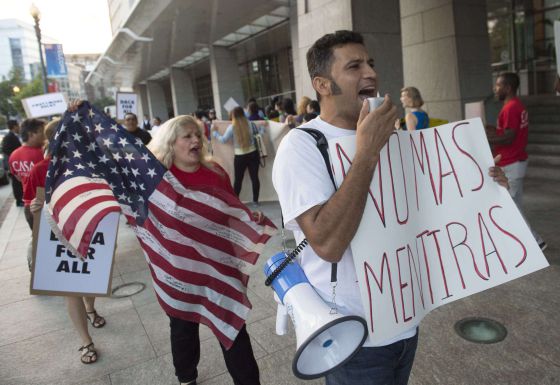Climate Change Needs Action, Not Just Words
The two countries with the highest carbon emissions, China and the United States, both showed willingness to participate actively in international cooperation by establishing a system of measures against global warming, starting from 2020 onward.
The "reduction of total carbon emissions" was mentioned for the first time by Zhang Gaoli, deputy prime minister of China. Up until now, they had always spoken in terms of "reducing carbon emissions per GDP." Given that they are among the top-emitting countries in the world, reduction is unavoidable.
China is also insisting that other developed nations take responsibility for climate change. Developed nations have an inevitable responsibility for this, given their history since the Industrial Revolution. That said, China's burden is also heavy since the country accounts for one-fourth of world carbon emissions. It should fulfill its share of the responsibility by demonstrating early stages of emissions reduction plans.
President Obama has placed stricter domestic regulations on coal-powered energy; however, he continues to display interest in cutting down carbon dioxide emissions. The U.S. Congress is reluctant to pass climate change regulations, and so Obama wants to underscore strengthened measures that are difficult to pass politically.
However, Obama has just two more years in office. To prevent backtracking on progress made for climate change regulation going forward, he wants to get a firm domestic agreement within the United States.
Although America played an active role in the Kyoto Protocol agreement in 1997, there was internal dispute over it, and eventually it withdrew from the protocol. The world has not forgotten about this.
Japanese Prime Minister Shinzo Abe has vowed to strengthen assistance to developing countries by helping develop human resources; however, with regard to the essential reduction of Japan's emissions, he limited his comments to saying, "We aim to present the early stages as soon as possible."
This time, China has shown its policy to determine its reduction target by the end of March next year. By comparison, Japan's response is just too slow. It should set clear deadlines and immediately begin a domestic discussion on its goals.
Lately, abnormal weather patterns such as heavy rain and droughts have been increasing all over the world. Because of increased numbers of refugees from floods, grain production is estimated to fall and the prevalence of tropical diseases is predicted to rise. Climate change poses a very real, serious threat to the security of the world.
Each country has its own domestic issues, but for climate change, time is up, and it's now or never. The world leaders who spoke at the U.N. should be working hard to ensure their words turn into actions.


